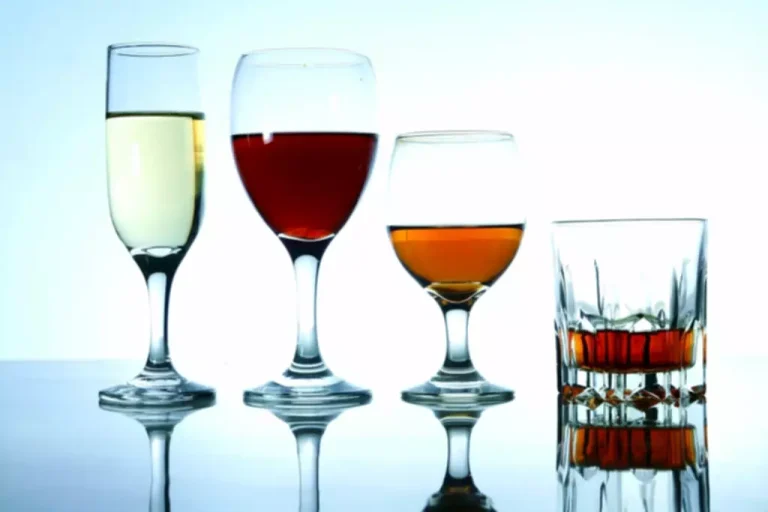
Around 88,000 people in the U.S die from alcohol-related causes every year. This is because alcohol is toxic to the body, and the body is still working to get rid of the toxin. It is especially dangerous to mix alcohol with GHB, rohypnol, ketamine, tranquilizers, and sleeping pills.

How Alcohol Dehydrates Your Skin
But if you do enjoy a regular tipple on your night off from looking after the kids (or once they’re asleep after a stressful bedtime), you may have noticed some of the negative effects that drinking can have. You might notice dandruff on your scalp or itchy patches of greasy skin on other body parts. Doctors call this skin disease seborrheic dermatitis, and it’s often a sign of immune system problems or a yeast in the body. Over-the-counter shampoos are a good first treatment option, but you may need a prescription remedy. This article discusses some of the short and long-term effects that drinking alcohol can have on a person’s skin.
- Alcohol is a legal recreational substance for adults and one of the most commonly used drugs in the United States.
- It is important to remember that skincare is a holistic endeavour, and the impact of alcohol consumption on the skin should be evaluated in the context of overall lifestyle choices.
- It’s rare, but the palms of your hands — and maybe the soles of your feet — might turn red for no reason.
- Being regular and consistent with good skincare practices can prepare us for the ill effects of a hung-over skin.
- Dehydration can lead to dryness, dull pigmentation, wrinkles, and sagging.
- Combining alcohol with other depressant-type medications—whether over-the-counter preparations, prescription, or recreational drugs—can have serious effects on the respiratory and central nervous systems.
The Science Behind Alcohol’s Impact on Skin

Not only does the immune system mediate alcohol-related injury and illness, but a growing body of literature also indicates that immune signaling in the brain may contribute to alcohol use disorder. The article by Crews, Sarkar, and colleagues presents evidence that alcohol results in neuroimmune activation. This may increase alcohol consumption and risky decisionmaking and decrease behavioral flexibility, thereby promoting and sustaining high levels of drinking. They also offer evidence that alcohol-induced neuroimmune activation plays a significant role in neural degeneration and that the neuroendocrine system is involved in controlling alcohol’s effects on peripheral immunity. Alcohol consumption does not have to be chronic to have negative health consequences.

Top doctors in ,
This impairment can lead to sepsis and pneumonia and also increases the incidence and extent of postoperative complications, including delay in wound closure. HIV/AIDS is a disease in which mucosal immunity already is under attack. Bagby and colleagues review substantial evidence that alcohol further disrupts the immune system, significantly increasing the likelihood of =https://ecosoberhouse.com/ HIV transmission and progression. As mentioned above by Dr Kohli, every glass of alcohol reduces Vitamin A, which is a crucial nutrient for skin renewal and collagen production.
- Drink plenty of water in the days after alcohol consumption, and make sure to apply moisturizer and eye cream in the morning and evening.
- Additionally, alcohol has been shown to increase inflammation in the body.
- These podcasts provide valuable insights, personal stories, and practical tips for overcoming addiction and maintaining sobriety.
- Their article also highlights how the combined effect of alcohol and injury causes greater disruption to immune function than either challenge alone.
- Alcohol specifically is a carcinogen because of how it damages cells and DNA within the body.
- A healthy diet and regular exercise are essential for maintaining healthy skin.

Save your margarita nights for once a week (instead of every day), and you’ll start to see a healthy, vibrant glow return to your skin. Unfortunately, if you’ve been drinking heavily for a long time, some damage may be irreversible. In this case, try how alcohol affects your skin to cut back on alcohol as much as you can to help your skin rebound. During this time, redness and blotchiness caused by alcohol will diminish, and sunken eyebags will plump up again as your body rehydrates. To put it simply, alcohol creates a double-whammy effect when it comes to oxidative stress.

While many people first think of the liver and brain when considering the effects Sobriety of alcohol, its impact extends far beyond these vital organs. Alcohol can profoundly affect your skin, leading to a range of issues from dehydration to premature aging. By understanding how alcohol interacts with your skin, you can take proactive steps to maintain a healthy and radiant complexion. Let’s delve into the ways alcohol impacts your skin and explore strategies to protect and nurture your skin health. The liver is responsible for breaking down alcohol into acetaldehyde, a toxic substance that can cause damage to various organs in the body, including the skin. This process can lead to inflammation and oxidative stress, which can have a negative impact on your skin health.
- If you’re interested in learning more about the effects of alcohol on the body, you might also want to check out this article on how alcohol affects blood sugar levels.
- However, moderate consumption of certain types of wine, which contain antioxidants like flavonoids, resveratrol, and tannins, may have an anti-inflammatory effect on the body.
- Many people are aware of the short-term effects of drinking on a person’s ability to function, and they may even know about the impact of alcohol on the heart, liver, and other organs.
- Exercise increases blood flow, which helps nourish skin cells and keep them healthy.
- Acetaldehyde is thought to cause flushing by stimulating release of histamine.
